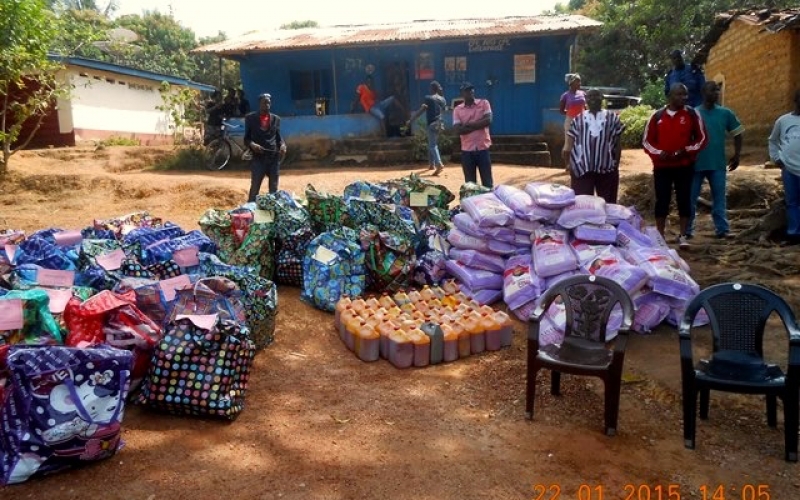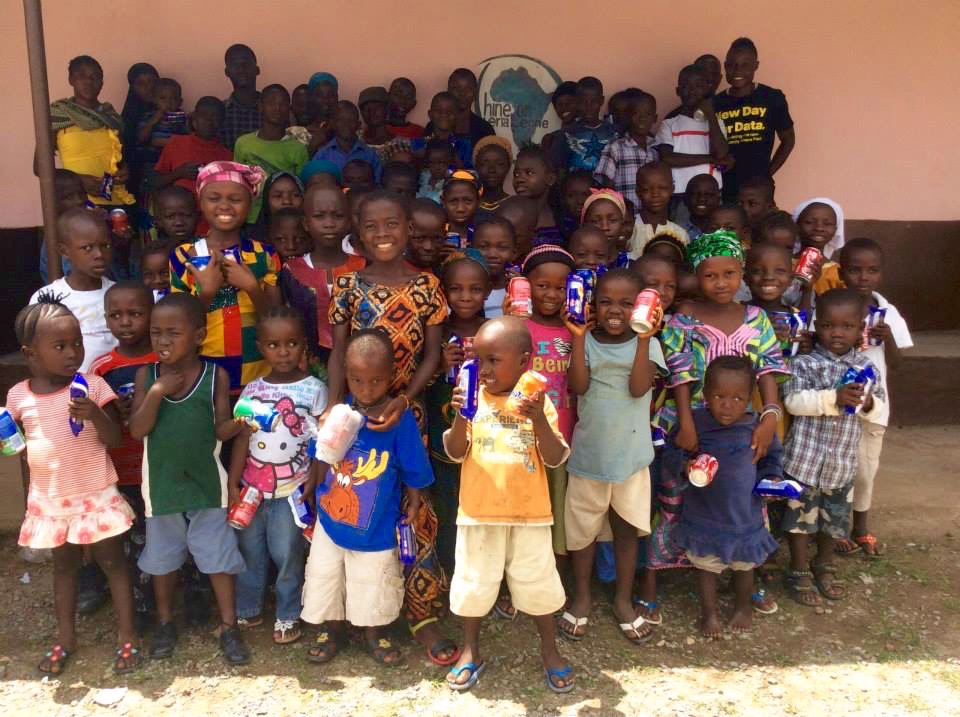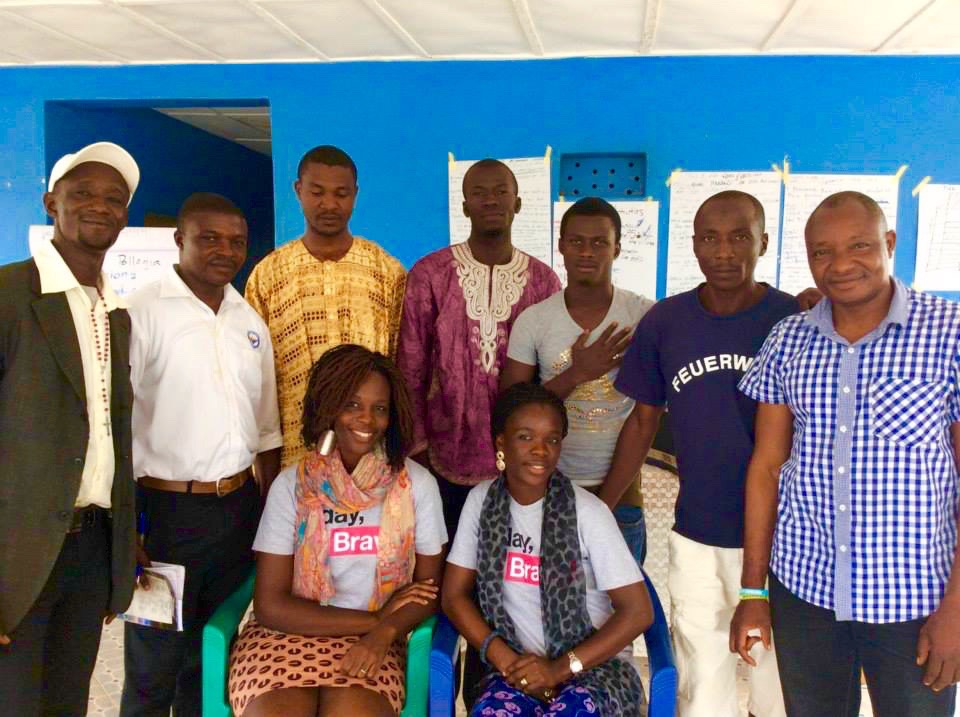At the onset of the Ebola outbreak, Shine On Sierra Leone dispersed 800 sanitation stations throughout the Bongema village and its surrounding communities, equipped with a clean tap bucket and soap for decontamination protection. Moreover, we engaged in door-to-door dialogue, discussion, and health education. To respond to the rising number of cases in Kono, we Partnered with the Kono District Health Management team to launch and manage a 3-day door to door temperature check using non-contact trace thermometers, as well as supported 33 quarantined homes. The contact tracers were able to effectively screen 2 cases to be taken to the Koidu Government Hospital for testing and observation. Their test results came back negative for Ebola. On December 1st, Shine On Sierra Leone received the news that our 3-day lockdown was successful; Nimikoro Chiefdom, once the epicenter of the Kono area outbreak, reported zero cases. There have been NO cases of Ebola reported in the Nimikoro Chiefdom since this intervention.
In December 2014, in partnership with Dr. Dan Kelly, Infectious Disease Specialist, Shine On Sierra Leone trained and salaried 50 Community Health Care Workers (CHWs) to assist with the Path to End Ebola strategy. CHWs were trained on how to record data and gather information to be reported back to the Response Management Team. The Response Management Team and 10 employed CHWs distributed 20 Home Healthcare Kits (HHK), containing sanitation equipment, protective materials and medicine. In January 2015, after the distribution of 20 kits, we found that hunger and food security was an issue for families undergoing their 21-day quarantine. The Government also became more urgent about ensuring people are taken to holding and treatment centers at the first onset of symptoms in households, meaning that the cache of medicine in these kits was not utilized as much as it we thought it would be.

Learning from this experience, we created 2 different kits
In February 2014, Shine On Sierra Leone transitioned back to basics and provided 320 sanitation kits to all homes that were decontaminated during the outbreak to ensure that they will continue to remain virus free. To date, SOSL is thrilled to share that the village of Bongema has remained Ebola free since the onset of Shine On Sierra Leone’s Ebola response strategy. Moving forward, Shine On Sierra Leone will continue to stay diligent in our Ebola response and resume building plans for a premiere Secondary school in Kono.



